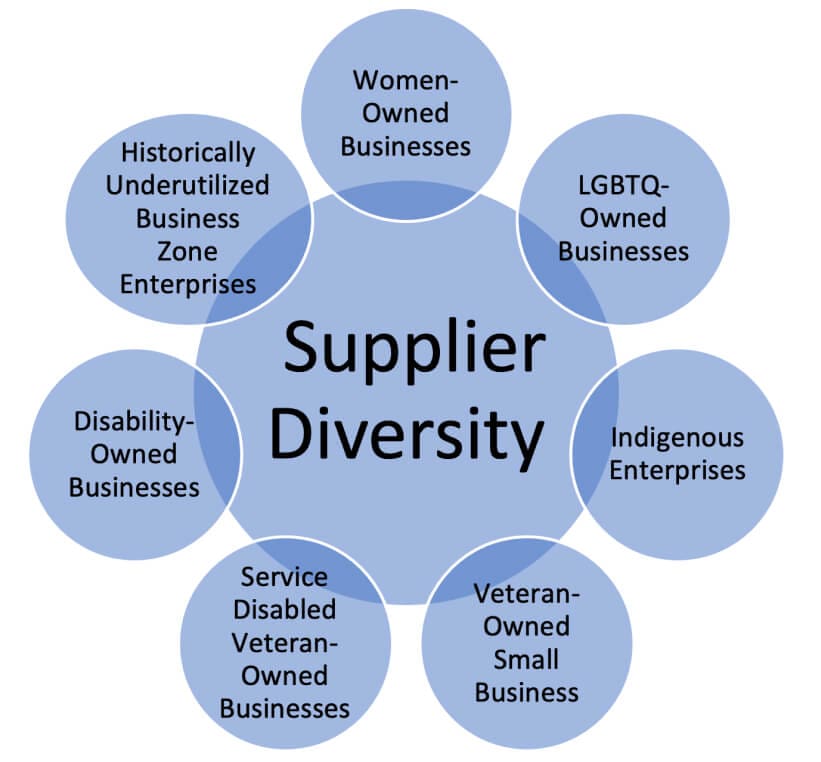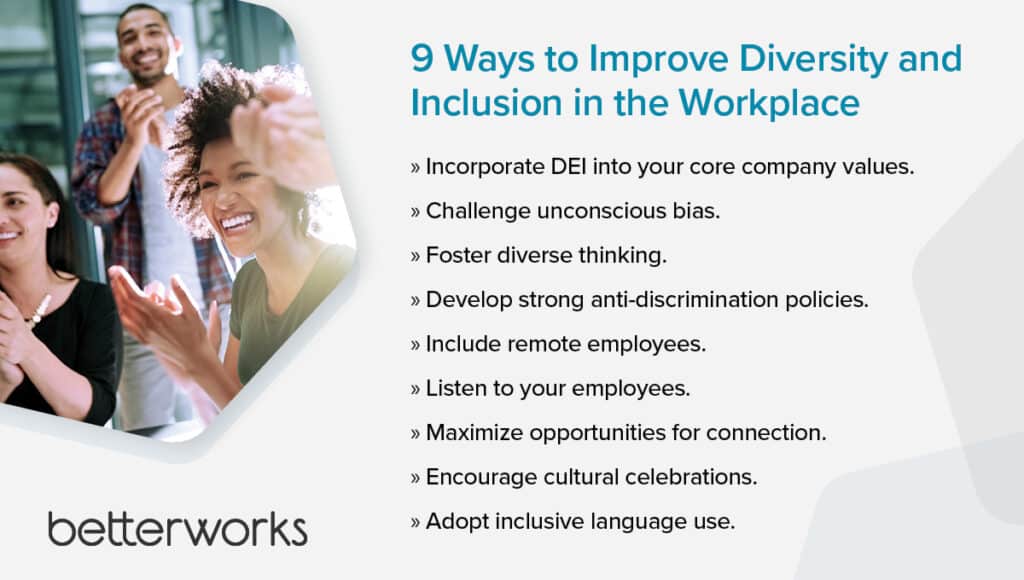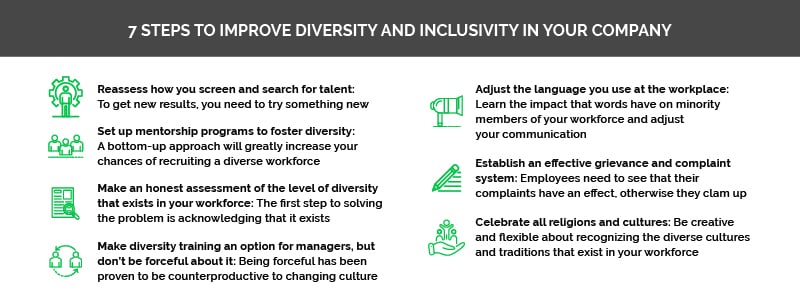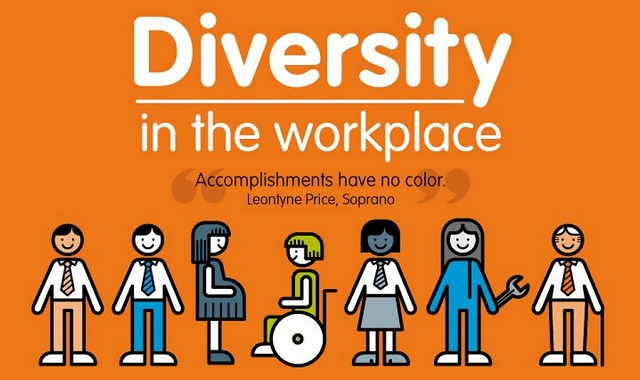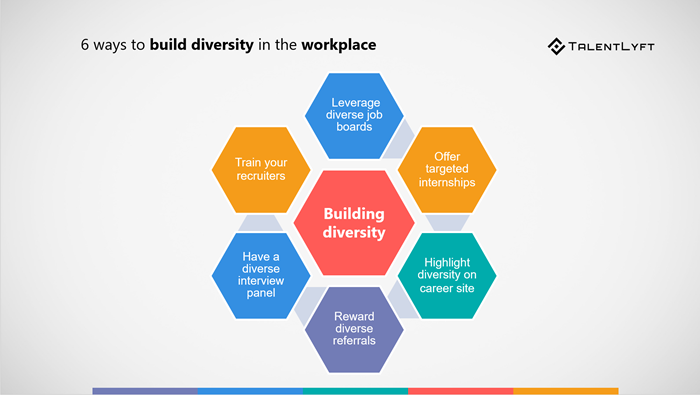How Companies Can Increase Diversity

In an increasingly interconnected and competitive global landscape, companies are recognizing the critical importance of building diverse and inclusive workplaces. Shifting from mere compliance to genuine commitment, organizations are actively seeking strategies to foster diversity across all levels. These strategies aim to create environments where individuals from all backgrounds feel valued, respected, and empowered to contribute their unique talents.
This article examines actionable steps companies can take to increase diversity, drawing upon industry best practices and expert insights. The goal is to provide a framework for organizations seeking to move beyond performative gestures and implement sustainable, impactful change.
Recruitment and Hiring Practices
One of the most impactful areas for increasing diversity is the initial recruitment and hiring process. Bias can unconsciously influence decisions at every stage, from crafting job descriptions to conducting interviews.
Companies can mitigate bias by implementing blind resume screening, which removes identifying information such as names and addresses. Standardized interview questions and structured interview panels can also ensure a more objective evaluation of candidates.
Expanding recruitment efforts to target diverse talent pools is crucial. This includes partnering with Historically Black Colleges and Universities (HBCUs), women's colleges, and organizations that support underrepresented groups.
Proactive outreach can attract a wider range of qualified candidates who might not otherwise consider applying. Job descriptions should also be carefully reviewed to ensure they use inclusive language and focus on essential skills and qualifications.
Training and Development
Diversity training programs are essential for raising awareness of unconscious bias and promoting inclusive behaviors. These programs should go beyond simple awareness and equip employees with the skills to challenge bias and create a more welcoming environment.
Mentorship and sponsorship programs can provide invaluable support and guidance for underrepresented employees. Connecting employees with senior leaders who can advocate for their advancement helps to level the playing field.
Companies should also invest in leadership development programs that specifically target diverse employees, preparing them for leadership roles. These programs can build confidence and provide the necessary skills to succeed in leadership positions.
Creating an Inclusive Culture
A truly diverse workplace requires more than just diverse representation; it demands an inclusive culture where everyone feels valued and respected. Employee Resource Groups (ERGs) can play a significant role in fostering inclusion.
ERGs provide a platform for employees from similar backgrounds or with shared interests to connect, network, and support each other. They also offer valuable insights and feedback to leadership on issues related to diversity and inclusion.
Companies should actively solicit feedback from employees about their experiences and perceptions of the workplace culture. Anonymous surveys and focus groups can provide valuable data for identifying areas where improvement is needed.
It's also important to establish clear policies and procedures for addressing discrimination and harassment. A zero-tolerance policy, coupled with prompt and thorough investigations, sends a strong message that such behavior will not be tolerated.
Accountability and Measurement
To ensure that diversity initiatives are effective, companies need to establish clear goals and track progress. Setting measurable objectives for diversity representation at all levels of the organization is crucial.
Regularly monitoring and reporting on progress towards these goals provides transparency and accountability. Companies should also hold managers and leaders accountable for promoting diversity and inclusion within their teams.
Integrating diversity metrics into performance evaluations can incentivize leaders to prioritize diversity efforts. By tying compensation and promotion opportunities to diversity goals, companies can demonstrate their commitment to creating a more inclusive workplace. Data-driven approach will enable informed decision.
According to a recent report by McKinsey, companies with more diverse executive teams are 36% more likely to outperform their less diverse peers. This demonstrates the clear business case for investing in diversity and inclusion. It is not just about doing the right thing, but about achieving better business outcomes.
Ultimately, increasing diversity is an ongoing process that requires sustained commitment and effort. By implementing these strategies, companies can create more inclusive workplaces where all employees feel valued, respected, and empowered to contribute their best work. This, in turn, can lead to greater innovation, creativity, and overall business success. A diverse and inclusive workforce is a competitive advantage in today's global economy.






